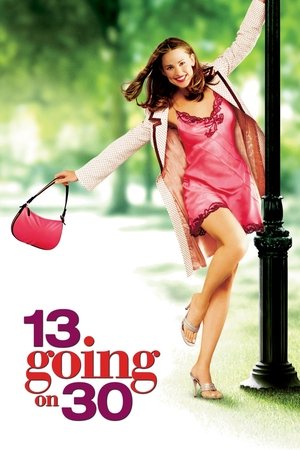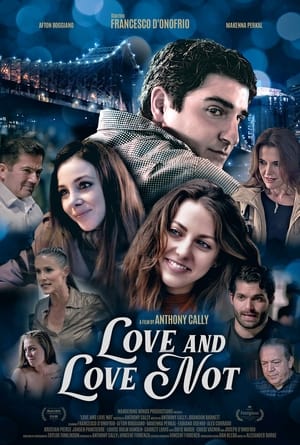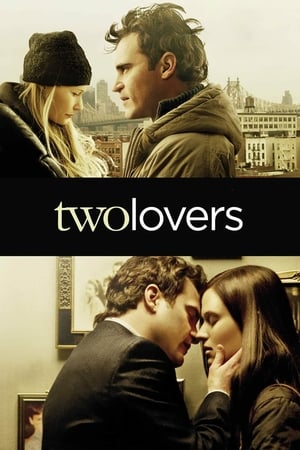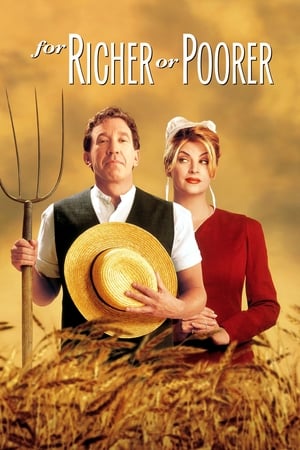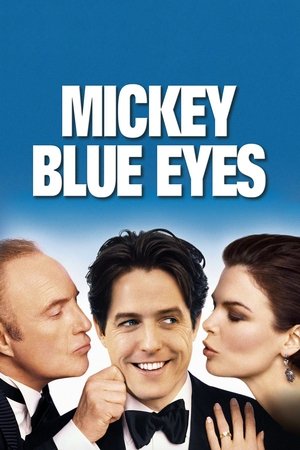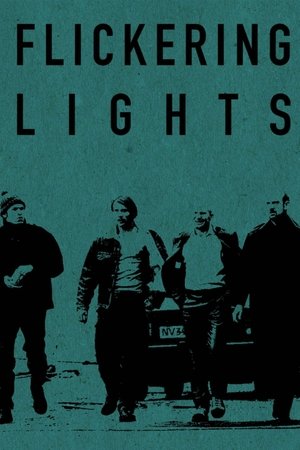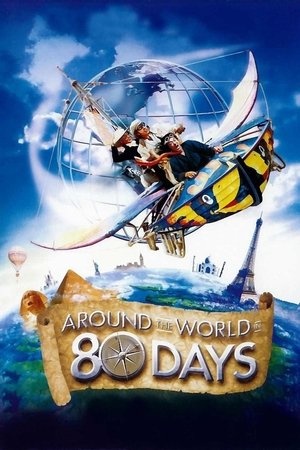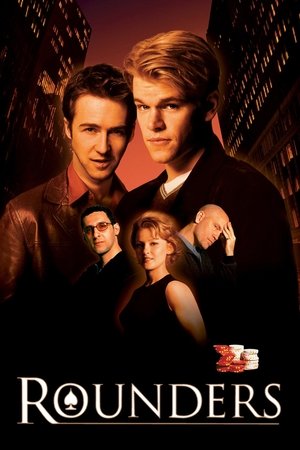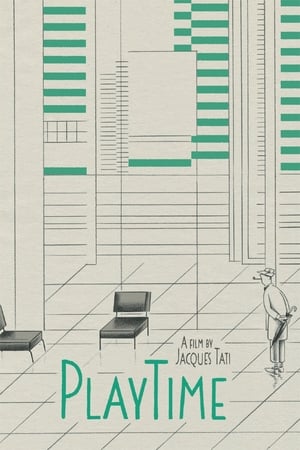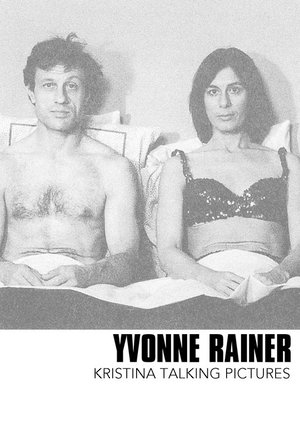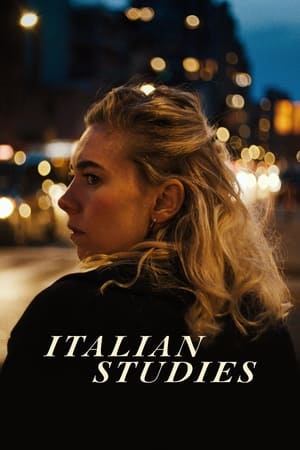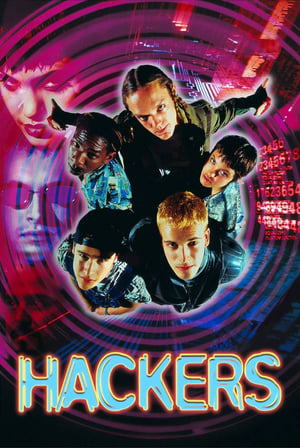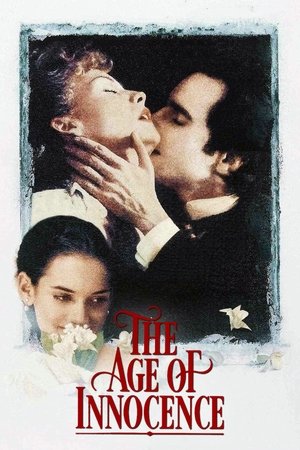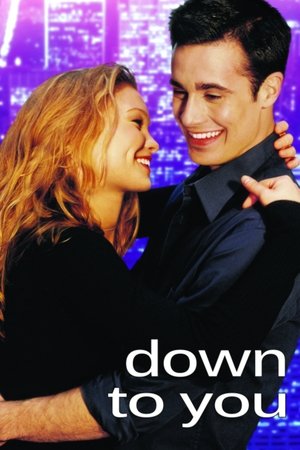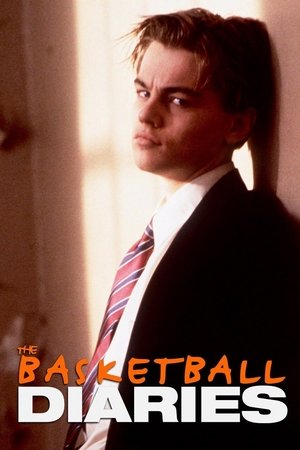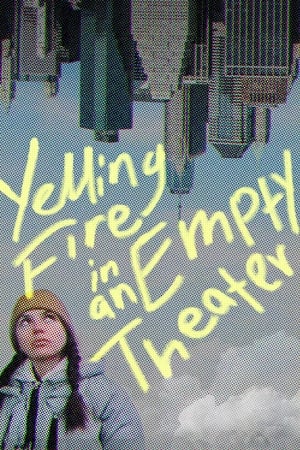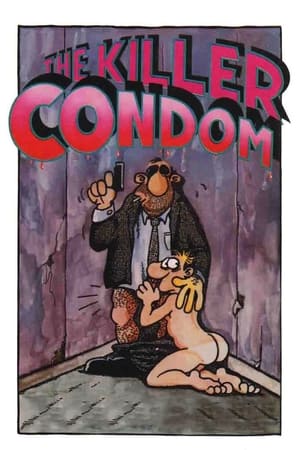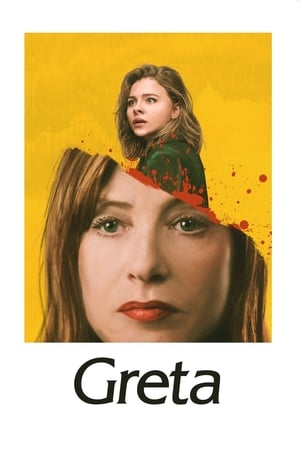Overview
In the sweltering back kitchen of a Times Square restaurant, undocumented cook Pedro is caught between mounting pressures at work and a complicated romance with waitress Julia. When money goes missing, suspicion spreads, igniting tensions that threaten to upend the fragile hopes of the staff.
Reviews
If you saw “Boiling Point” (2021) then you’ll get the gist of this drama set in an hectic New York restaurant kitchen. “The Grill” might look peaceful to the customers, but it’s kitchen is a multi-cultural, multi-lingual and attitudinal melting pot of cooks, waitresses and cleaners under the guidance of a no-nonsense chef (Lee Sellars) and a slimy manager “Luis” (Eduardo Olmos). It’s this latter man who finds there’s a problem one morning when his boss reports that $800-odd is missing from one of the cash registers and the owner “Rashid” (Oded Fehr) is seeing red. Using the investigation as a pretext, we quickly discover that this room is full of characters who generally rub along ok with each other, except for “Pedro” (Raul Briones) and “Max” (Spenser Granese), with the latter man frequently and violently fed up with the lack of English being spoken in this kitchen of Babel. Meantime, “Pedro” is trying to rekindle his relationship with waitress “Julia” (Rooney Mara) who is expecting, but not intending to have, his baby. With everyone working flat out, the search for the missing cash and the prevailing, accumulating, sense of toxicity amidst this atmosphere, the scene is set for quite a lively look at the trade, it’s traditions and the vulnerability of so many workers with a dubious legal status who are treated little better than slaves. Sadly, though, for me the film just didn’t take off. Aside from the fact that there is simply far too much dialogue, it is much too long and the characterisations are way too shallow and under-developed. The acting isn’t especially engaging, and the writing doesn’t do enough to create anyone here that is liable enough to feel the remotest sympathy for. There are too many repetitious angry confrontations without enough humour to entertain or sustain much interest and as they quite literally wade through the story, it just runs out of steam before bordering on the farcical at the end. It’s disappointing, sorry.
La Cocina: Society in a Pressure Cooker
Not every film needs to be an Aesop's fable, and "La Cocina" understands this perfectly. Alonso Ruizpalacios has crafted an impressive slice-of-life film that elevates the genre by compressing time, making everything that can happen in a restaurant kitchen visible within 139 minutes. That alone is worth the price of admission.
What makes the film remarkable is how successfully it offers a bird's eye view of society itself. The kitchen becomes a perfect microcosm of its setting, complete with all the warts: racism, class discrimination, dishonesty, and the relentless exploitation of workers. We see humanity at its most pressured, where the cracks in our social fabric become impossible to ignore.
Visually, "La Cocina" is a delight. The black-and-white cinematography, the precise framing, and the pacing are as brilliant as the screenplay. Ruizpalacios creates a documentary-like immersion that never feels static, capturing the frenetic energy of kitchen labor while maintaining compositional control.
The film's deepest moment comes through Nonzo's green light story: a parable about someone so dehumanized by the powerful that nothing remains, until the sky opens and a green light shines down, a cosmic reminder of inherent human value before he disappears. In the closing shot, Ruizpalacios employs the Schindler's List technique, breaking into color to illustrate this metaphor. After 139 minutes of monochrome chaos, that single moment of color affirms what the film quietly insists throughout: these invisible workers are human, and therefore invaluable.

 139 min
139 min
 6.92
6.92
 2024
2024
 Mexico
Mexico
 CinemaSerf wrote:
CinemaSerf wrote: